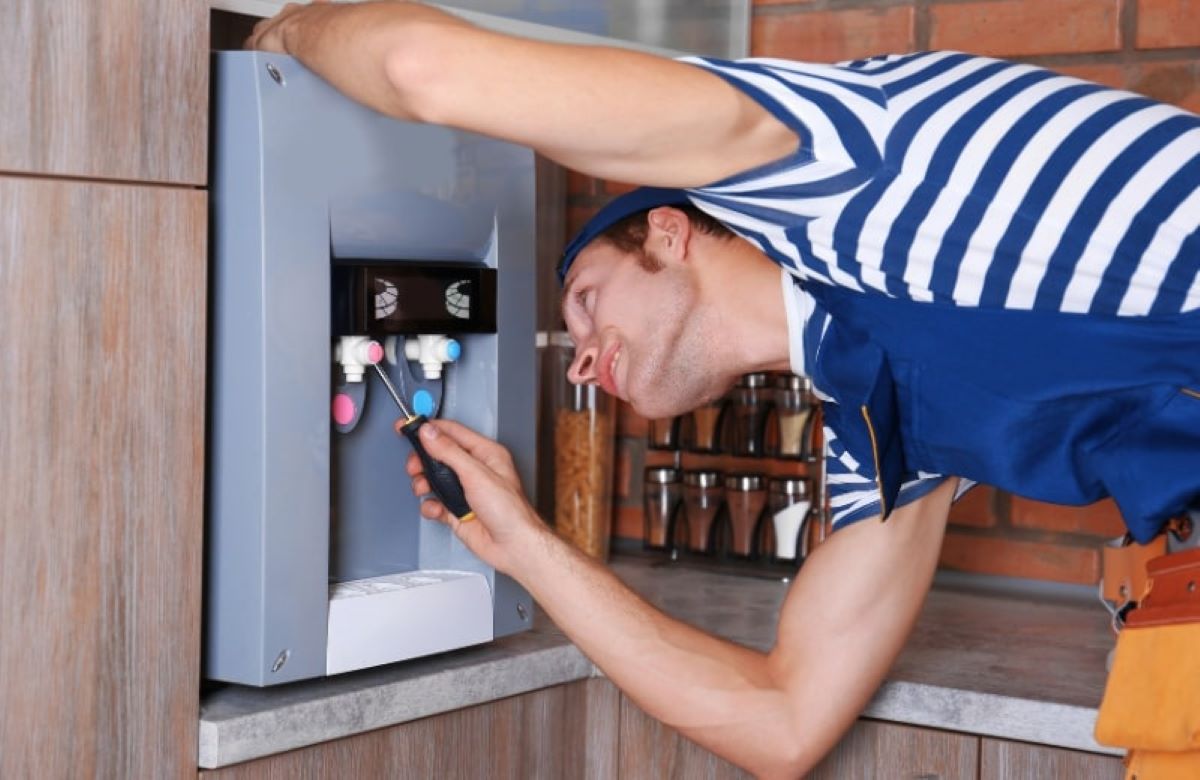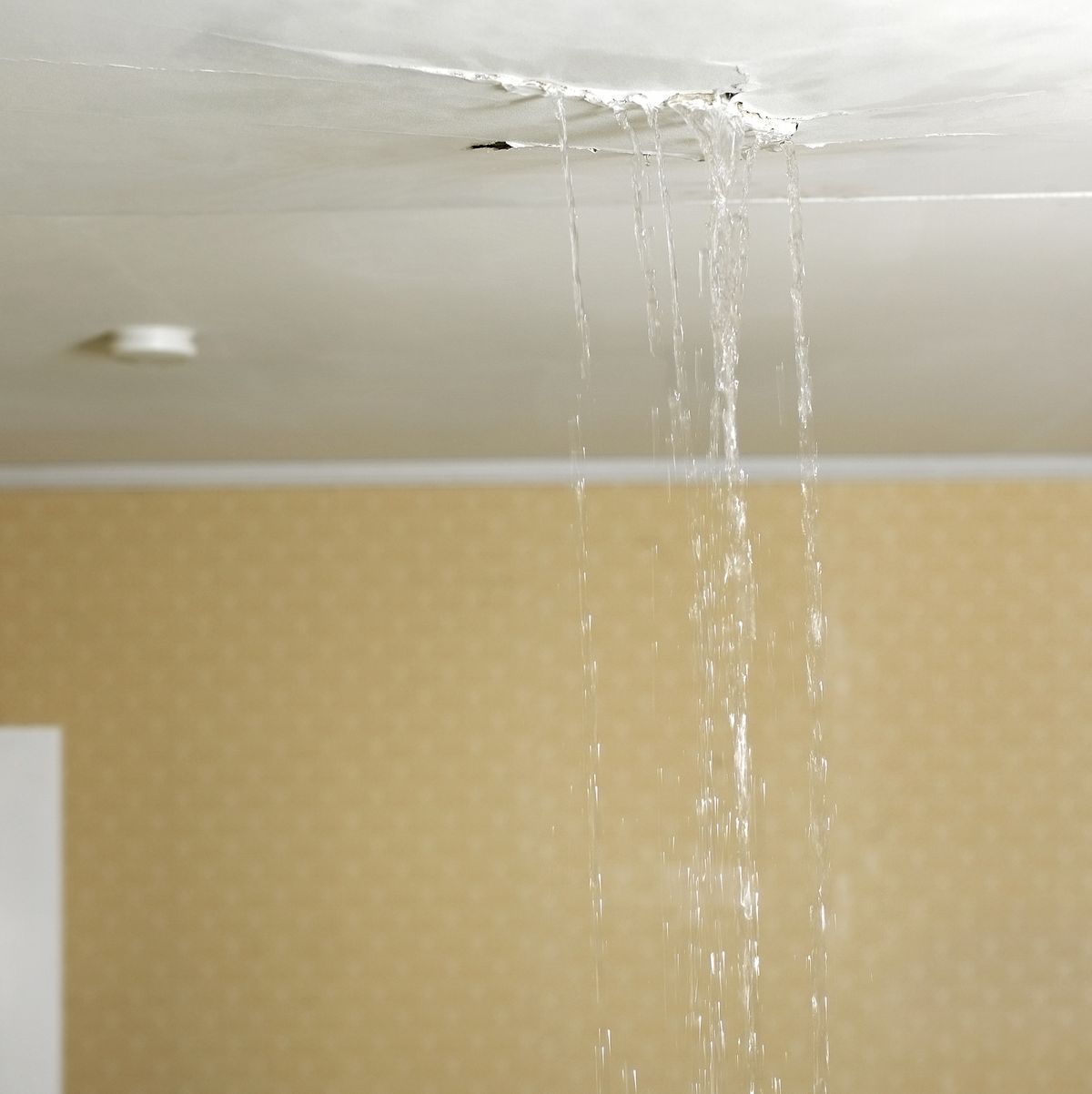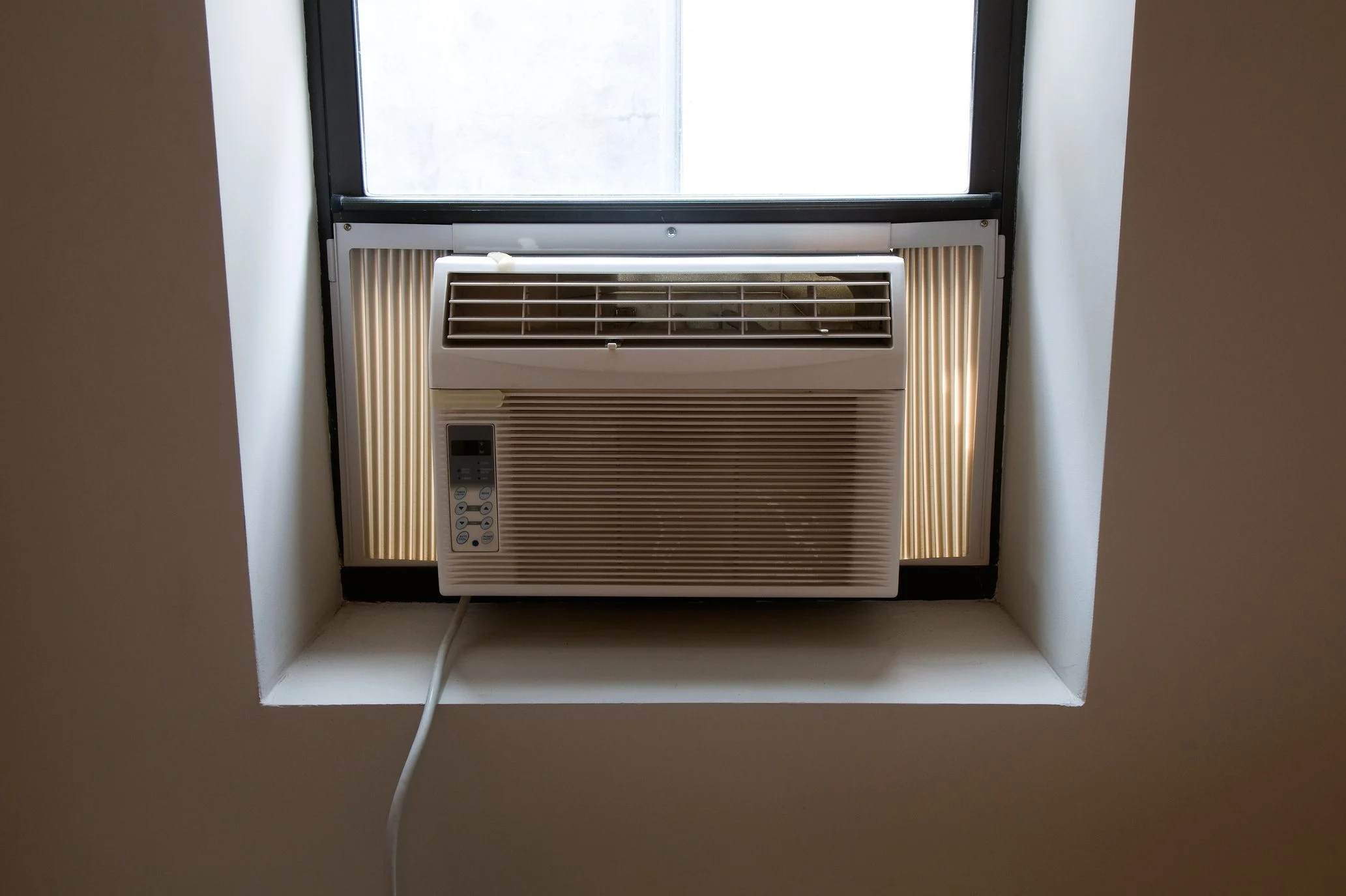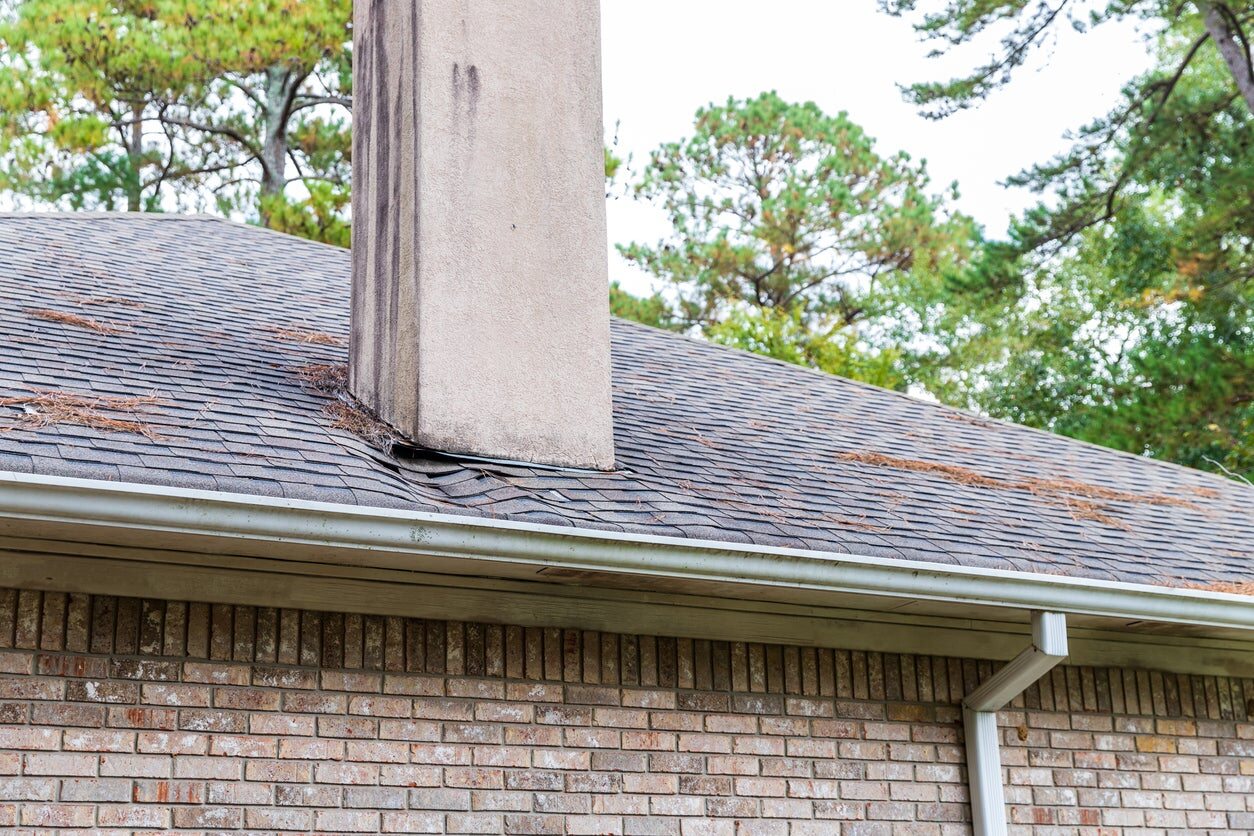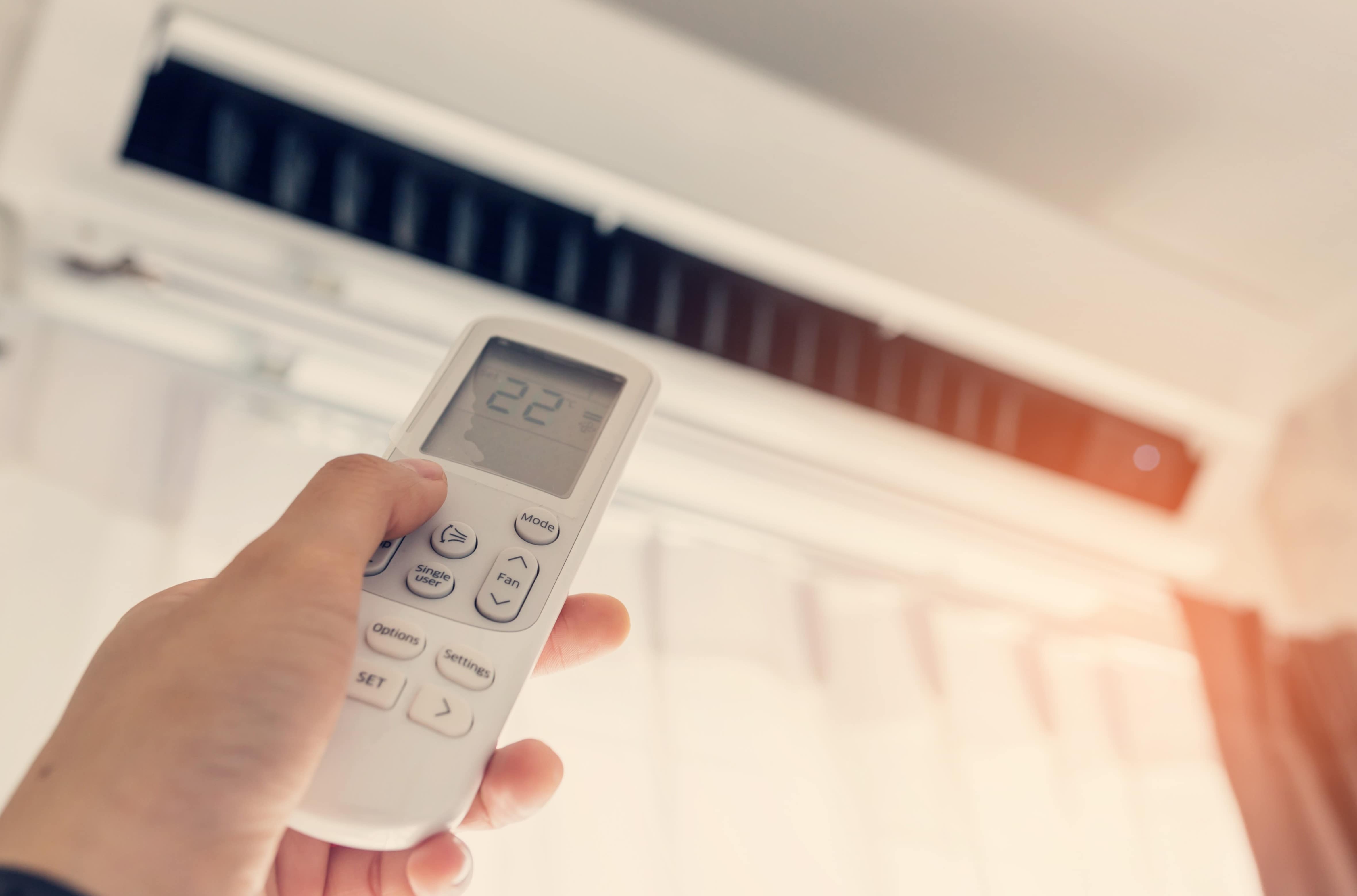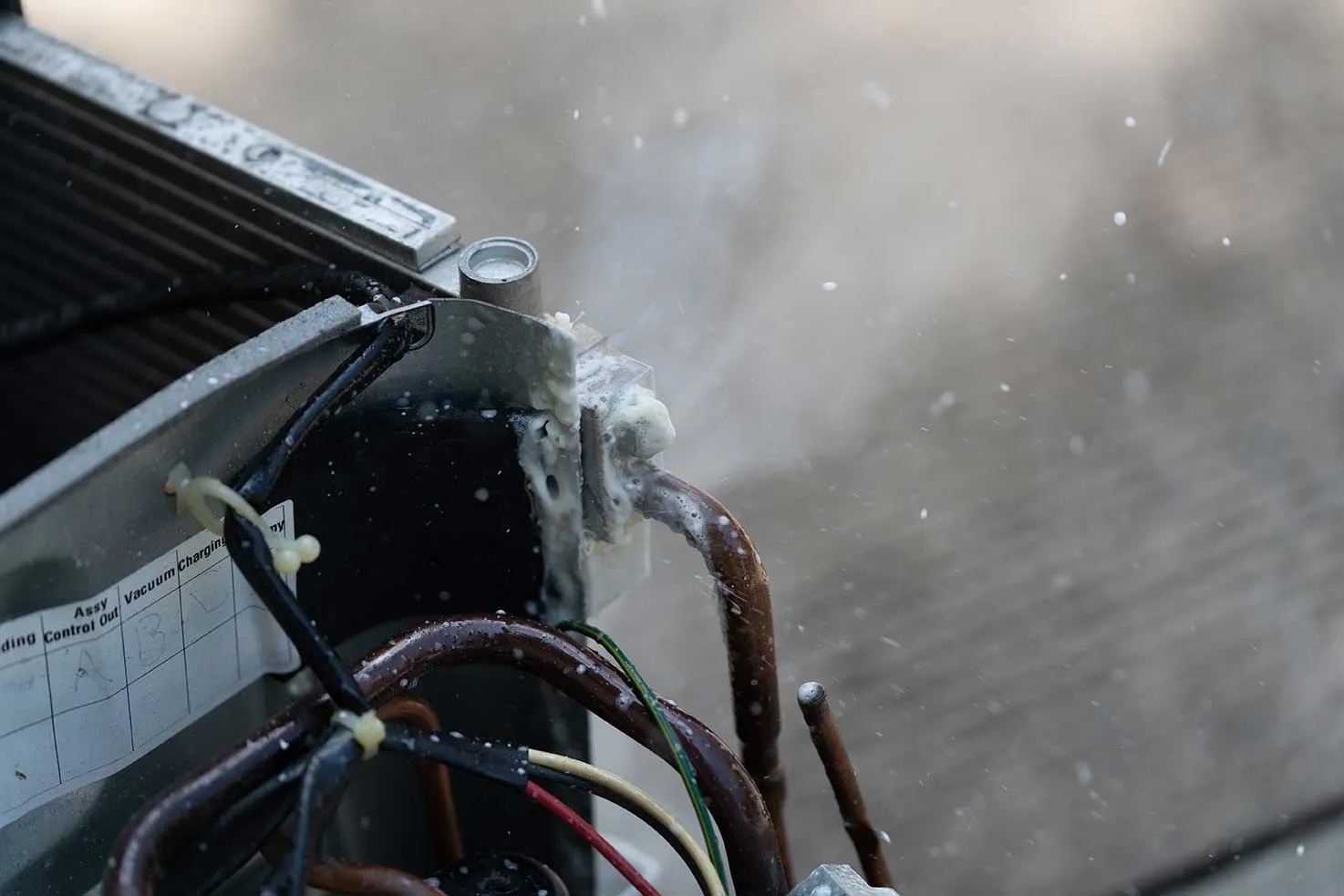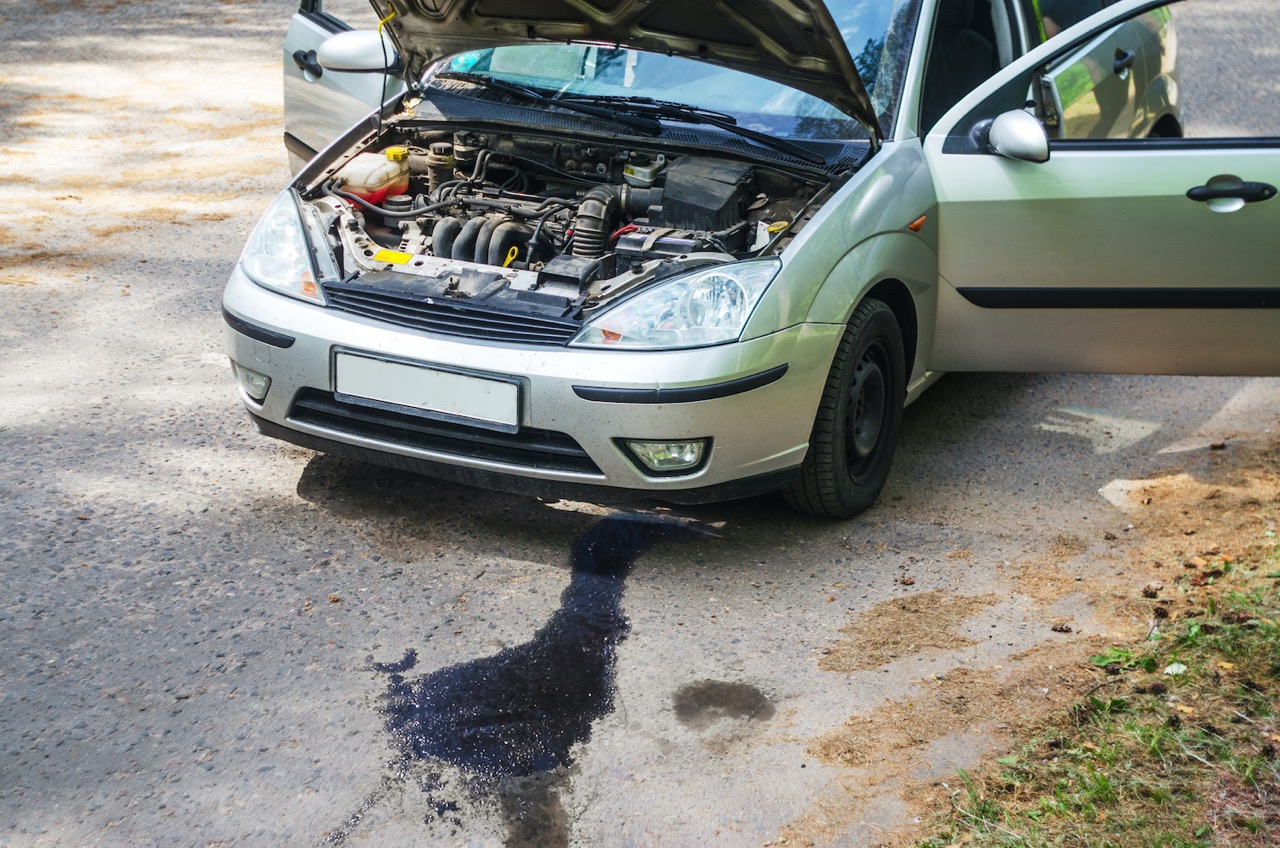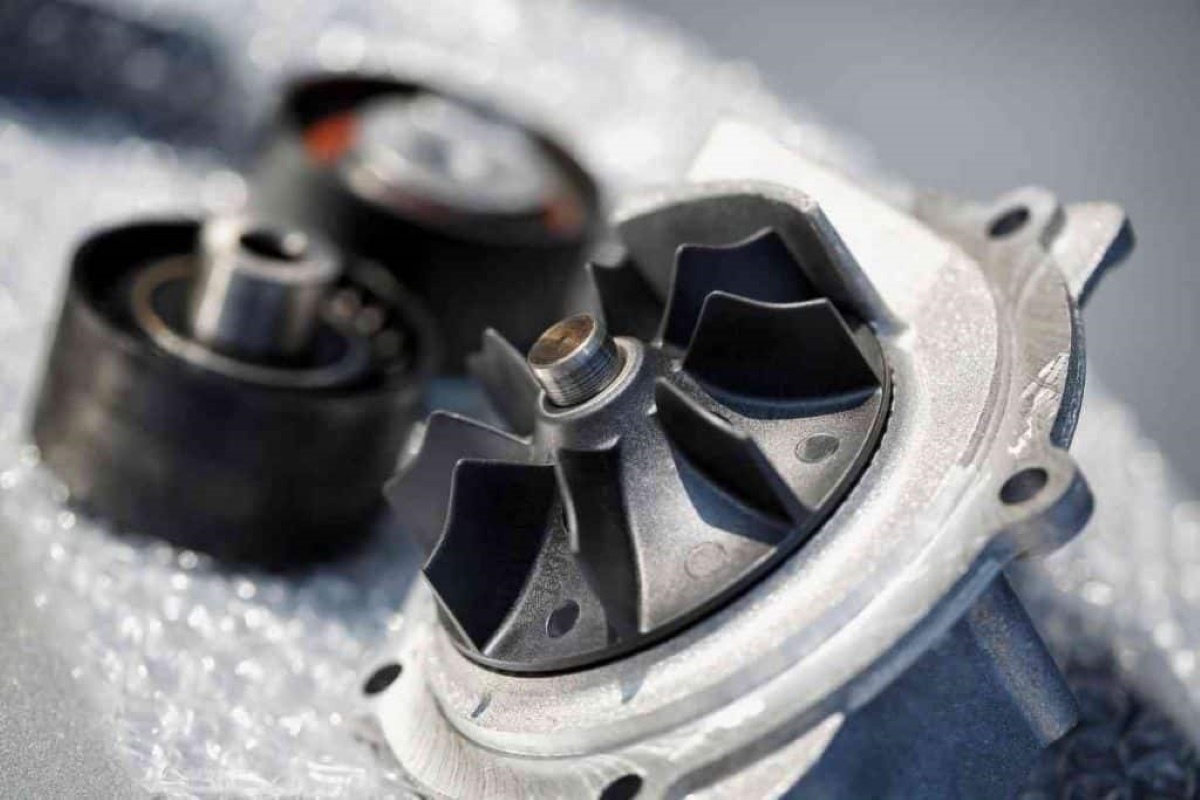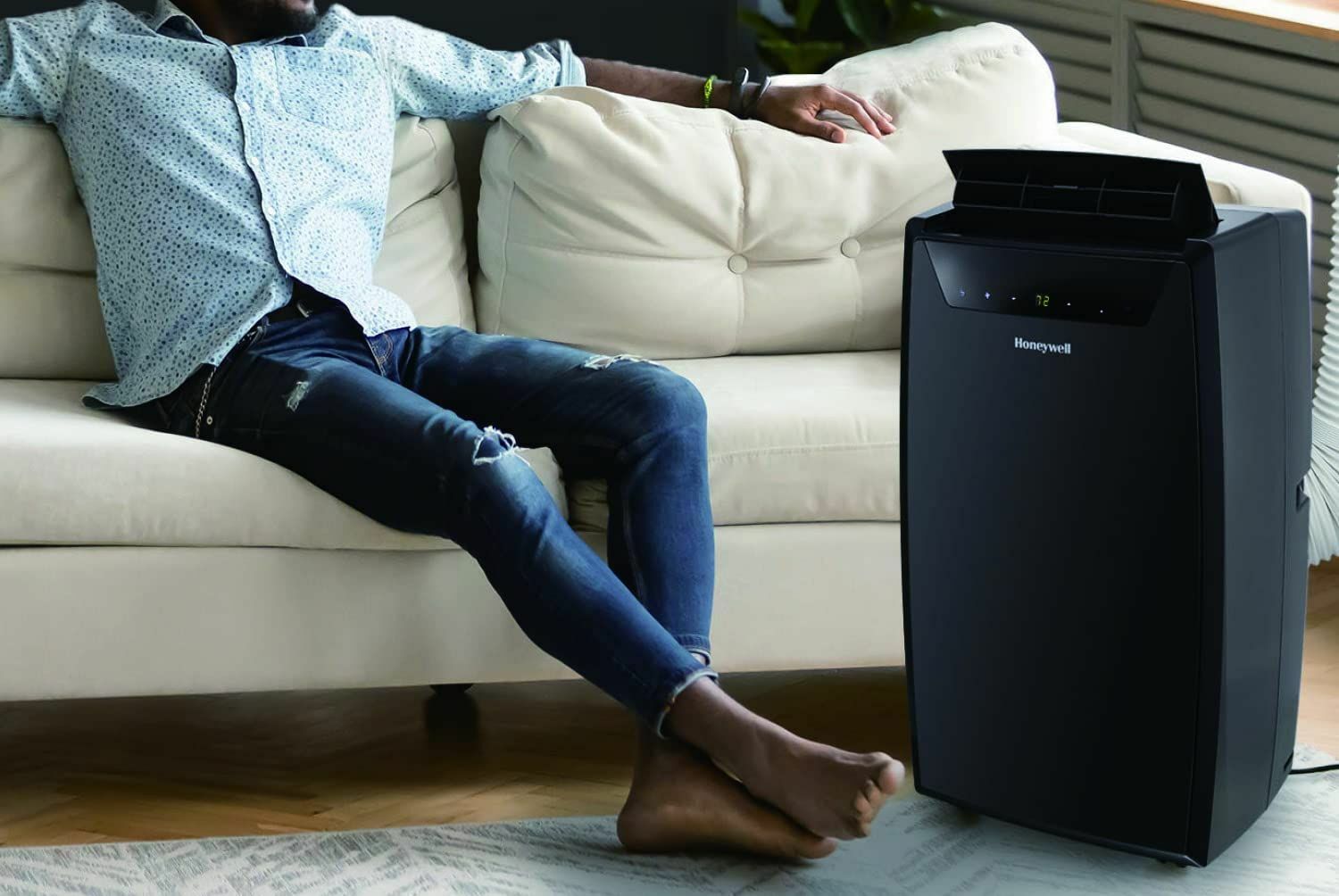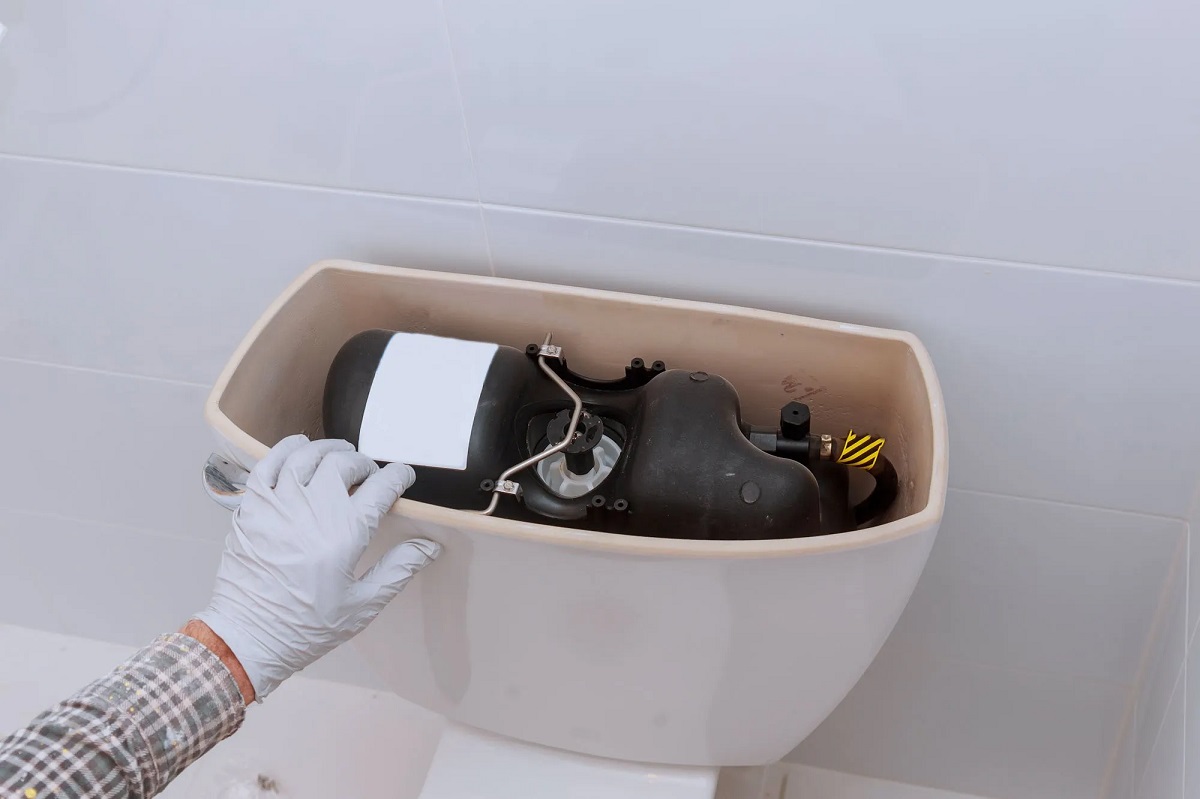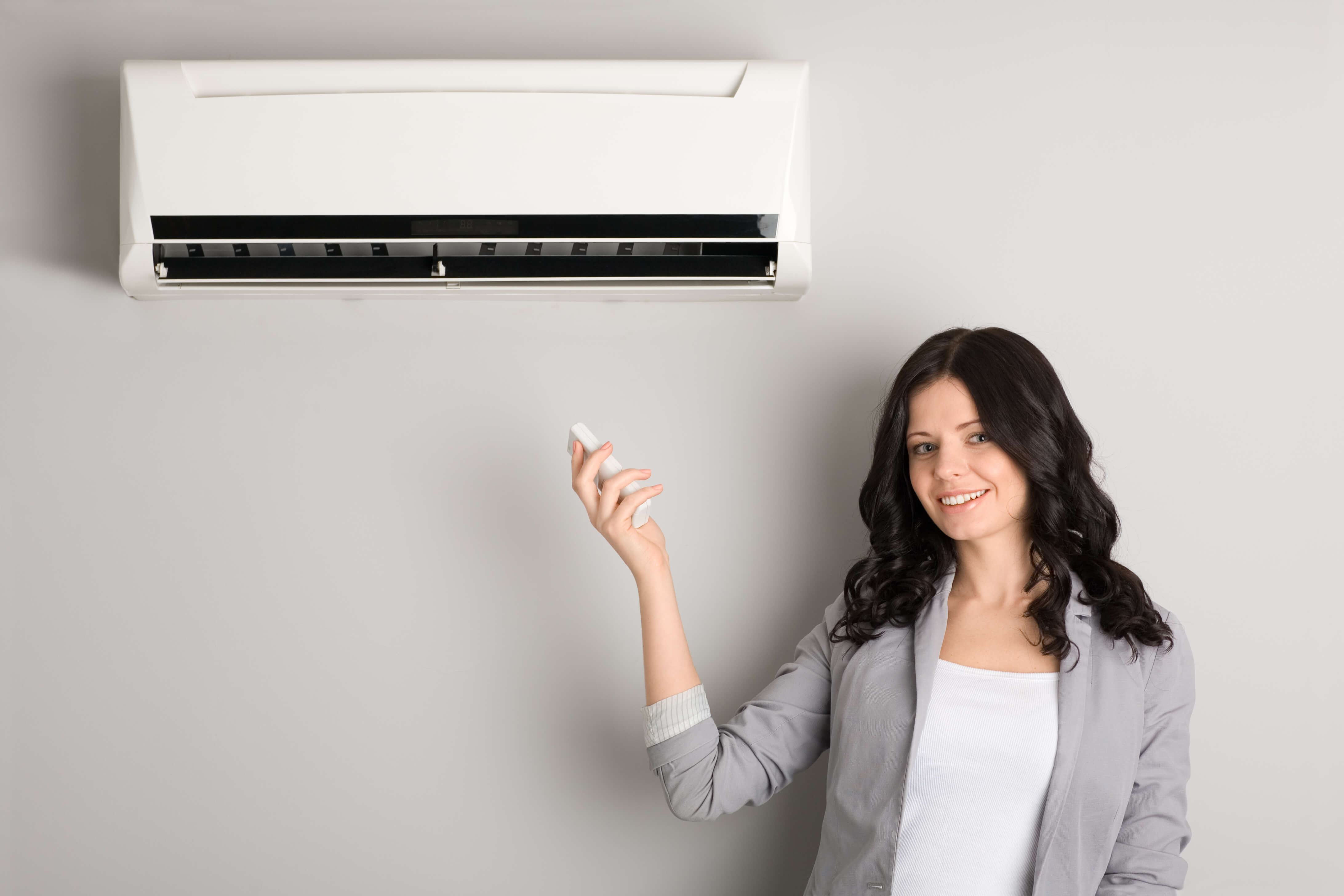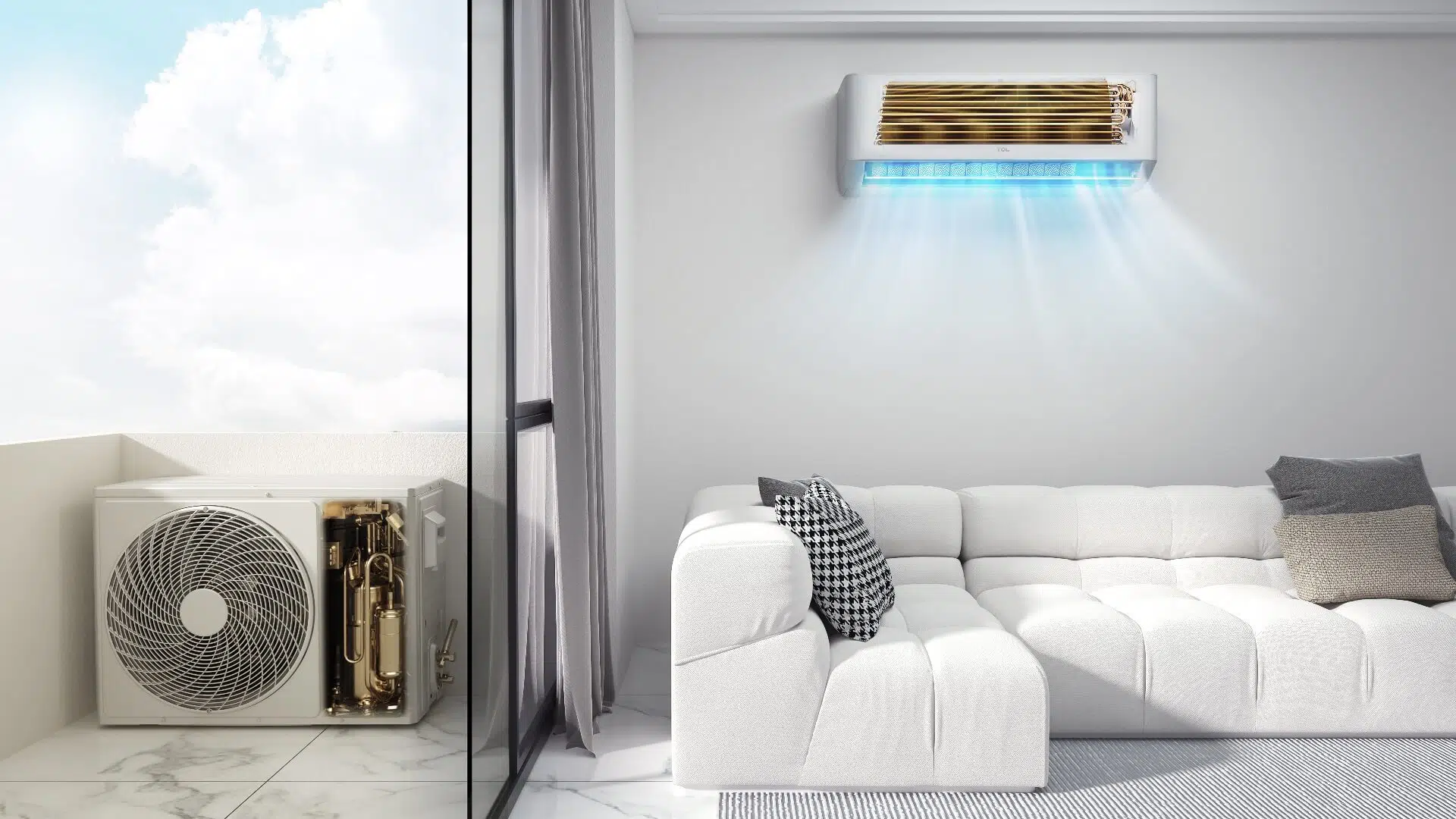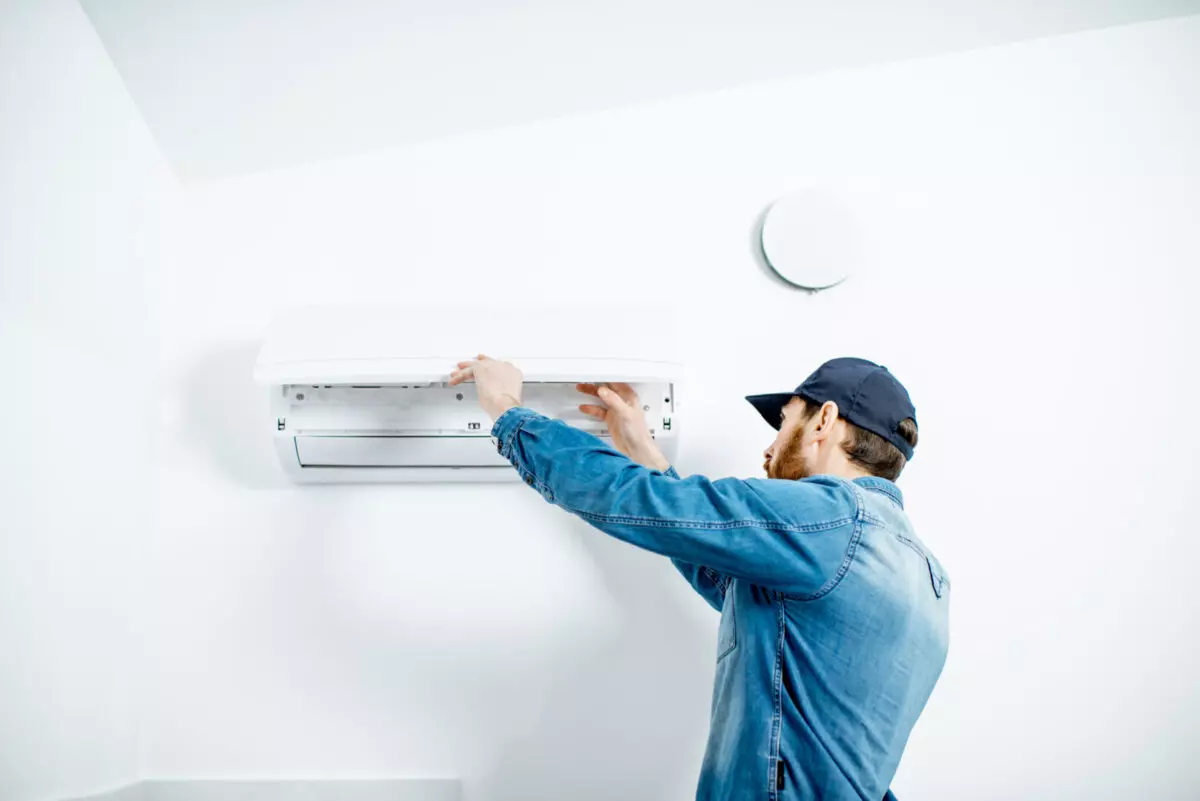Home>Home Maintenance>What To Do When An Air Conditioner Leaks Water
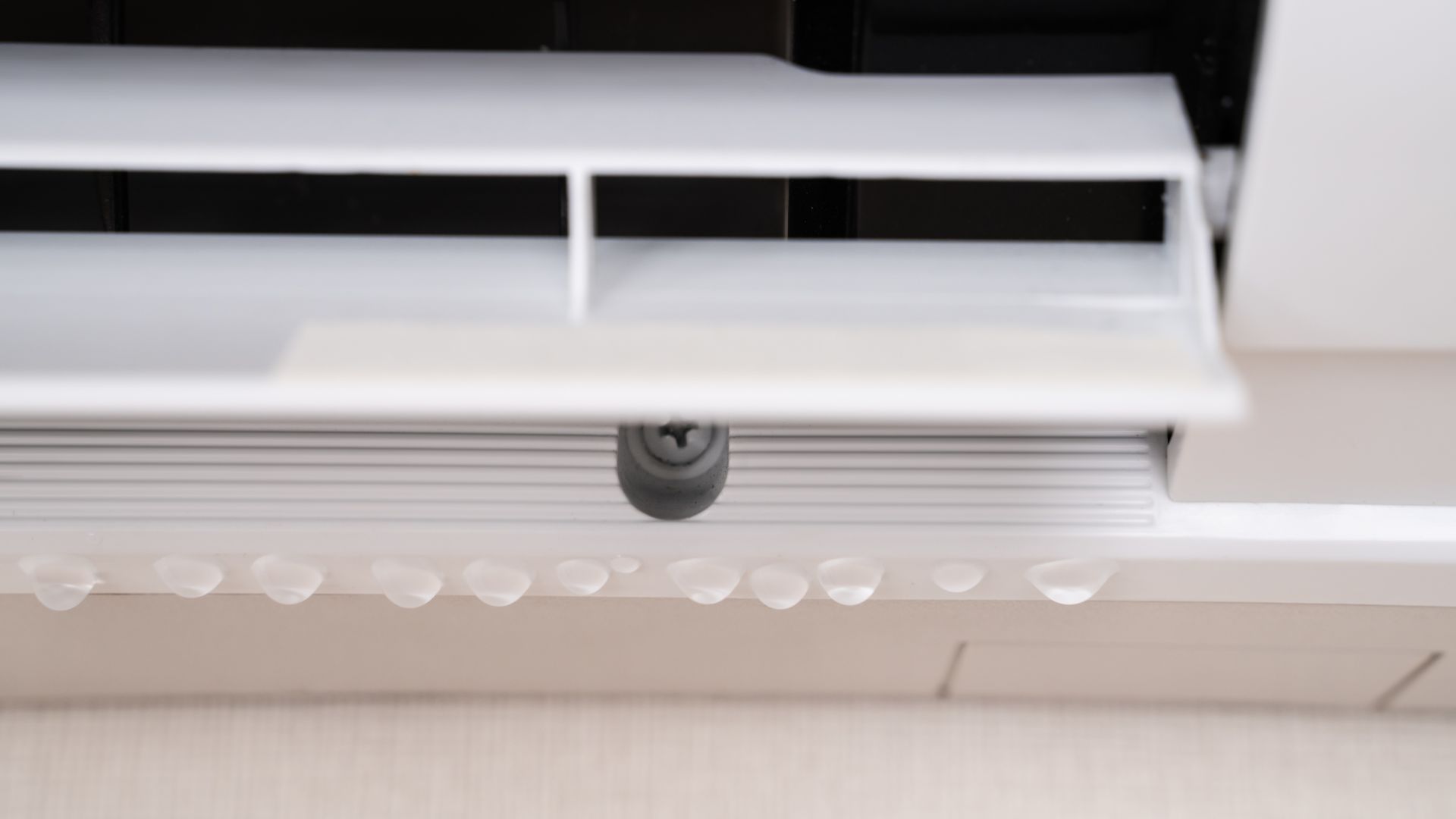

Home Maintenance
What To Do When An Air Conditioner Leaks Water
Modified: March 7, 2024
Discover what steps you should take when your air conditioner starts leaking water. Learn effective home maintenance tips to tackle this common problem.
(Many of the links in this article redirect to a specific reviewed product. Your purchase of these products through affiliate links helps to generate commission for Storables.com, at no extra cost. Learn more)
Introduction
Welcome to your comprehensive guide on what to do when an air conditioner leaks water. Air conditioners are essential for creating a comfortable living environment, but sometimes they can encounter problems, such as water leakage. This issue can be due to various factors, and it’s crucial to address it promptly to prevent further damage to your home and air conditioning unit.
Water leakage from an air conditioner is not only inconvenient but can also lead to costly repairs and potential damage to your property. Fortunately, many common causes of water leaks are easily remedied with some simple maintenance tasks. In this article, we will explore the common causes of air conditioner water leaks and provide step-by-step instructions on how to resolve them.
Whether you have a central air conditioning system or a window unit, the causes of water leaks are generally similar. Understanding the root cause of the issue will help you take appropriate action to rectify it. So, let’s dive into the most common causes of air conditioner water leaks and discover the solutions to prevent them from happening.
Key Takeaways:
- Regularly cleaning the air filter and checking window seals can prevent water leaks from your air conditioner. Simple maintenance tasks can save you from costly repairs and keep your home comfortable.
- If you’re unsure about the cause of a water leak or if the problem persists, it’s best to call a professional technician. They have the expertise and tools to ensure your safety and fix the issue effectively.
Common Causes of Air Conditioner Water Leaks
Before we delve into the steps to resolve water leaks from an air conditioner, it’s essential to understand the common causes behind this issue. By identifying the root cause, you can effectively address the problem and prevent it from recurring in the future.
- Clogged condensate drain line: The condensate drain line is responsible for removing excess moisture from the air conditioning unit. Over time, it can become clogged with dirt, debris, or algae, causing water to back up and leak from the unit.
- Dirty or clogged air filter: A dirty air filter restricts airflow, causing the evaporator coils to freeze. When the ice melts, it can result in excess water that leaks from the unit.
- Window or wall seal issues: If you have a window or through-the-wall air conditioner, gaps or improper sealing around the unit can allow moisture to enter the room, resulting in water leakage.
- Insufficient insulation: Inadequate insulation around the air conditioning unit can contribute to condensation buildup, leading to water leaks. This is especially common in attics or crawl spaces.
- Refrigerant leaks: A refrigerant leak can cause the evaporator coils to freeze, resulting in water leaks when the ice melts. This issue requires professional repair, as working with refrigerants can be dangerous.
Understanding these common causes is the first step in troubleshooting an air conditioner water leak. Now that you know what can cause this issue, let’s move on to the steps you can take to resolve it.
Steps to Take When An Air Conditioner Leaks Water
When you notice that your air conditioner is leaking water, it’s important to take quick action to prevent further damage and restore proper functioning. Follow these steps to address the issue:
- Turn off the air conditioner: The first step is to turn off the unit to prevent any further water leakage. This will also prevent any electrical hazards while you investigate and fix the problem.
- Inspect the area: Carefully examine the area around the air conditioner for any visible signs of water leakage. Look for water puddles, wet spots on walls or ceiling, or dampness on the floor.
- Check the condensate drain line: The condensate drain line is often the main culprit for water leaks. Locate the drain line and check if it’s clogged with debris or algae. If clogged, you can use a wet/dry vacuum or a wire brush to clear the blockage.
- Clean or replace the air filter: A dirty or clogged air filter can lead to ice formation on the evaporator coils, resulting in water leaks. Remove the filter and clean it thoroughly, or if it’s too dirty, replace it with a new one.
- Check the window seals: If you have a window or through-the-wall air conditioner, check the seals around the unit. Ensure that there are no gaps or cracks that could allow moisture to enter. Use weatherstripping or caulk to seal any gaps.
- Inspect the insulation: Insufficient insulation around the air conditioning unit can contribute to condensation buildup. Check if there’s enough insulation in the surrounding area, especially in attics or crawl spaces. Add or replace insulation as necessary.
- Look for refrigerant leaks: If you suspect a refrigerant leak, it’s crucial to call a professional technician to handle the issue. Refrigerants are hazardous substances, and only trained professionals should handle their repair and recharging.
By following these steps, you can address common causes of air conditioner water leaks and potentially resolve the issue. However, if you’re unable to identify the cause or if the problem persists, it’s advisable to seek professional assistance.
Fixing the Condensate Drain Line
One of the most common causes of air conditioner water leaks is a clogged condensate drain line. The condensate drain line is responsible for removing excess moisture from the air conditioning unit. When it becomes clogged with dirt, debris, or algae, water can back up and leak from the unit. Here’s how you can fix a clogged condensate drain line:
- Locate the condensate drain line: The condensate drain line is typically a PVC pipe located near the indoor air handling unit or the outside condenser unit.
- Turn off the air conditioner: Before working on the drain line, make sure to turn off the air conditioner to avoid any mishaps.
- Clear the blockage: Use a wet/dry vacuum to suction out any debris or buildup from the drain line. If a vacuum is not available, you can use a wire brush or a pipe cleaner to manually remove the blockage.
- Flush the drain line: Once the blockage is cleared, mix a solution of equal parts water and bleach. Pour it down the drain line to kill any remaining mold or algae. This will help prevent future clogs.
- Check for proper drainage: After clearing the drain line, pour a small amount of water down the line to ensure it is flowing freely and not backing up. If the water does not drain properly, there may still be a blockage that needs further attention.
- Consider preventative measures: To avoid future clogs, you can install a condensate drain line trap or a condensate drain pan overflow switch. These devices help prevent blockages and alert you when there’s a problem with the drain line.
Fixing a clogged condensate drain line is a relatively straightforward task that can often resolve air conditioner water leaks. However, if you’re unsure about performing these steps or the problem persists, it’s best to consult a professional technician for further assistance.
Cleaning the Air Filter
A dirty or clogged air filter is another common cause of air conditioner water leaks. When the air filter becomes dirty, it restricts the airflow, causing the evaporator coils to freeze. When the ice melts, it can result in excess water that leaks from the unit. Follow these steps to clean the air filter:
- Locate the air filter: The air filter is usually located behind the front cover or grille of the air conditioning unit. Consult the user manual if you’re unsure about its exact location.
- Turn off the air conditioner: Before removing the air filter, make sure to turn off the air conditioner to ensure your safety.
- Remove the air filter: Carefully remove the air filter from the unit. Some filters may have tabs or clips that need to be released before removal.
- Clean the air filter: Gently wash the air filter with warm water and mild soap. You can also use a vacuum cleaner with a brush attachment to remove any dust or debris. Be sure to follow the manufacturer’s instructions regarding proper cleaning techniques.
- Allow the filter to dry: After cleaning, allow the air filter to dry completely before reinstalling it. Placing a wet filter back into the unit can lead to mold growth and further decrease the efficiency of the air conditioner.
- Reinstall the air filter: Once the air filter is dry, carefully reinstall it back into the air conditioning unit. Make sure it’s properly aligned and secured in place.
- Regularly check and clean the air filter: To prevent future water leaks, it’s important to regularly check and clean the air filter. Depending on the type and usage, it’s recommended to clean or replace the filter every one to three months.
Cleaning the air filter is a simple yet important maintenance task that can improve the efficiency of your air conditioner and prevent water leaks. However, if the problem persists or you’re unsure about cleaning the air filter, it’s always advisable to consult the manufacturer’s guidelines or seek professional assistance.
Regularly check and clean the air conditioner’s condensate line to prevent clogs and potential water leaks.
Checking the Window Seals
If you have a window or through-the-wall air conditioner, improper window seals can contribute to water leakage. Gaps or cracks around the unit can allow moisture to enter the room, resulting in water leaks. Follow these steps to check and fix the window seals:
- Inspect the window seals: Carefully examine the area around the air conditioner unit, including the window frame and seals. Look for any visible gaps, cracks, or signs of deterioration.
- Seal gaps with weatherstripping: If you identify gaps between the air conditioner unit and the window frame, you can use weatherstripping to seal them. Measure the dimensions of the gaps and cut the weatherstripping to fit. Apply the weatherstripping to create a tight seal.
- Apply caulk: For larger cracks or gaps, you can use caulk to seal them. Make sure the window surface is clean and dry before applying the caulk. Fill the cracks or gaps with caulk, smoothing it with a putty knife or your finger. Allow the caulk to dry according to the manufacturer’s instructions.
- Consider using window insulation film: Another option to improve the window seal is to apply window insulation film. This transparent film helps reduce drafts, improve energy efficiency, and minimize the risk of water leaks. Follow the instructions on the packaging for proper application.
- Regularly inspect and maintain window seals: It’s important to periodically check the condition of the window seals and reapply weatherstripping or caulk as needed. Regular maintenance will help ensure a proper seal and prevent water leaks.
Checking and maintaining the window seals is vital to prevent water leaks and maintain the efficiency of your air conditioner. If you’re not comfortable performing these steps or if the problem persists, it’s recommended to consult a professional technician for further assistance.
Inspecting the Insulation
Inadequate insulation around the air conditioning unit can contribute to condensation buildup, leading to water leaks. It’s essential to inspect the insulation in the surrounding area to ensure it’s sufficient and in good condition. Follow these steps to inspect and improve the insulation:
- Locate the insulation: Check the area around the air conditioning unit, including attics, basements, or crawl spaces, for insulation. Insulation is typically found on walls, floors, and ceilings.
- Assess the condition of the insulation: Inspect the insulation for any signs of damage, such as wet spots, mold growth, or worn-out areas. Inadequate or damaged insulation can contribute to condensation and water leakage.
- Add or replace insulation: If the insulation is insufficient or damaged, consider adding or replacing it. When adding insulation, ensure it is the appropriate type and thickness for your climate and comply with local building codes.
- Seal any gaps or holes: Inspect the area around the air conditioner unit for any gaps or holes. Use foam insulation or caulk to fill these gaps, ensuring a tight seal.
- Consider insulating the air ducts: If your air conditioner has ductwork, inspect the ducts for proper insulation. Insulating the ducts helps prevent condensation and can improve the overall efficiency of your cooling system.
- Regularly maintain the insulation: Insulation can deteriorate over time, so it’s important to periodically check and maintain it. Replace any damaged insulation promptly to prevent further issues.
Inspecting and improving the insulation around the air conditioner can help prevent condensation buildup and subsequent water leaks. If you’re unsure about inspecting or adding insulation, it’s recommended to consult a professional insulation contractor for guidance.
Checking for Refrigerant Leaks
Refrigerant leaks can cause the evaporator coils in your air conditioner to freeze, leading to water leaks when the ice melts. It’s important to identify and address refrigerant leaks promptly to prevent further damage to your unit. Here are the steps to check for refrigerant leaks:
- Turn off the air conditioner: Before inspecting for refrigerant leaks, ensure that the air conditioner is turned off. This will prevent any potential hazards during the process.
- Locate the refrigerant lines: The refrigerant lines are typically copper tubes that connect the indoor and outdoor units of the air conditioner. Follow the lines to locate any visible signs of refrigerant leakage.
- Look for oil stains or residue: Refrigerant leaks often leave traces of oil stains or residue around the connection points of the refrigerant lines. Inspect these areas for any signs of oil buildup.
- Check for hissing sounds: If a refrigerant leak is significant, you may be able to hear a hissing sound coming from the area of the leak. Listen for any unusual sounds near the refrigerant lines.
- Use a leak detection solution: If you suspect a refrigerant leak but can’t visually identify it, you can use a leak detection solution. Apply the solution around the connections and joints of the refrigerant lines. Bubbles will form if there is a leak.
- Consult a professional technician: If you suspect or confirm a refrigerant leak, it’s crucial to contact a professional air conditioning technician. Handling refrigerants can be dangerous and requires specialized skills and equipment.
- Repair or recharge the refrigerant: A professional technician will diagnose the extent of the refrigerant leak and perform the necessary repairs. They will also recharge the refrigerant to restore the optimal functioning of the air conditioner.
Checking for refrigerant leaks is a task best left to a trained professional. They have the expertise and equipment to accurately diagnose and resolve the issue. If you suspect a refrigerant leak, it’s essential to contact a professional technician as soon as possible.
Calling a Professional Technician
While there are several steps you can take to address common causes of air conditioner water leaks, some issues may require the expertise of a professional technician. Calling a professional technician is a smart decision when:
- You are unsure about the root cause: If you’re unable to identify the exact cause of the water leak or are unsure about the necessary repairs, it’s best to consult a professional technician. They have the knowledge and experience to diagnose the problem accurately.
- The problem persists despite your efforts: If you’ve attempted the troubleshooting steps mentioned earlier and the water leak persists, it’s an indication that the issue may be more complex or requires specialized equipment. A professional technician can thoroughly inspect your air conditioner and provide the appropriate solution.
- There are refrigerant leaks: Refrigerant leaks are not only a common cause of water leaks but also a potential health hazard. Handling refrigerants requires specific skills and equipment, so it’s crucial to leave this task to the professionals who are trained and certified in refrigerant handling.
- Repairing or replacing components is necessary: If the water leak is caused by damaged or malfunctioning components within the air conditioning unit, it’s best to seek professional assistance. They can determine the extent of the damage and perform the necessary repairs or replacements.
- You want to ensure safe and efficient repairs: Professional technicians have the expertise to perform repairs safely and efficiently. They have access to the right tools and equipment to get the job done correctly, reducing the risk of further damage or recurring issues.
When calling a professional technician, be sure to choose a reputable and certified HVAC company. They should have a good track record, positive customer reviews, and proper licensing and insurance coverage.
Remember, seeking professional help for air conditioner water leaks ensures that the issue is resolved effectively and helps prolong the lifespan of your air conditioning system.
Read more: What To Do When Roof Is Leaking
Conclusion
Air conditioner water leaks can be a frustrating problem, but with the right knowledge and actions, you can address the issue effectively. By understanding the common causes of water leaks, such as clogged condensate drain lines, dirty air filters, faulty window seals, insufficient insulation, and refrigerant leaks, you can take the necessary steps to resolve the problem.
Regular maintenance and preventive measures can go a long way in preventing air conditioner water leaks. Some steps you can take include cleaning the air filter regularly, checking and sealing window seals, inspecting and improving insulation, and calling a professional technician when needed.
However, it’s important to remember that your safety should always come first. If you’re unsure about performing any maintenance tasks or are unable to identify the root cause of the water leak, it’s advisable to consult a professional technician. They have the expertise, equipment, and necessary certifications to diagnose and resolve the issue without compromising your safety or the efficiency of your air conditioning system.
By taking prompt action to address air conditioner water leaks, you can prevent further damage to your property, save on costly repairs, and ensure a comfortable living environment. Regular maintenance and proper care of your air conditioning unit will also help extend its lifespan and improve its overall performance.
Remember, when it comes to air conditioner water leaks, prevention and timely intervention are key. Stay proactive and attentive to the maintenance needs of your system, and don’t hesitate to seek professional help when necessary. With these measures in place, you can enjoy a cool and hassle-free summer season.
Frequently Asked Questions about What To Do When An Air Conditioner Leaks Water
Was this page helpful?
At Storables.com, we guarantee accurate and reliable information. Our content, validated by Expert Board Contributors, is crafted following stringent Editorial Policies. We're committed to providing you with well-researched, expert-backed insights for all your informational needs.
